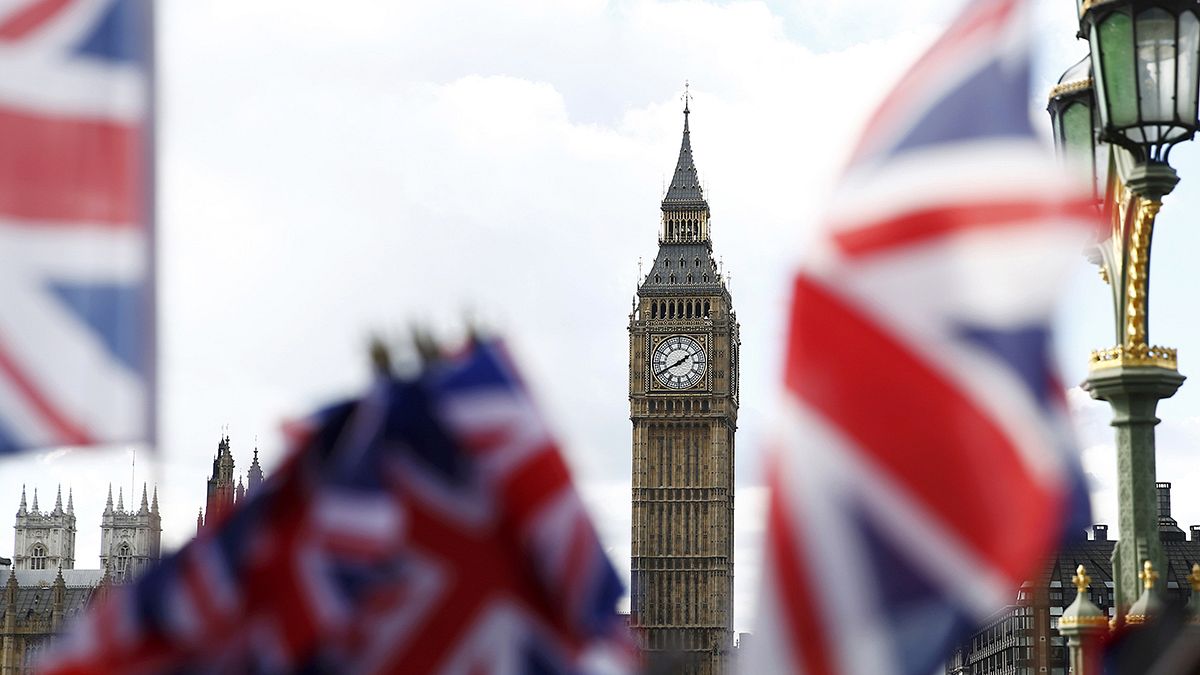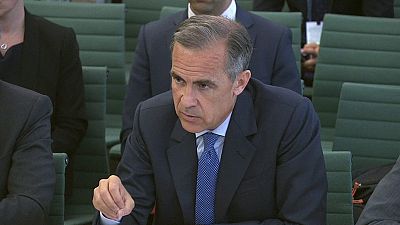The UK's services sector was strong in September adding to doubts about the need for another interest rate cut to cushion the Brexit vote impact.
Britain’s dominant services sector grew more strongly than expected in September, defying the Brexit vote gloom.
Surveys of businesses show the UK’s economy is proving more resilient than expected and has so far avoided a sharp slowdown.
Activity at services firms rose, though the growth rate did ease slightly from August.
UK PMI shows the economy's still growing but the worry is that business optimism about the outlook remains very low & signals recession risk pic.twitter.com/7X0PtnsLME
— Chris Williamson (@WilliamsonChris) October 5, 2016
Companies reported more customer enquiries and improved confidence but they are worried that the lower value of the pound is driving up import costs.
Markit, which carried out the surveys, said the overall performance of the UK economy last month looked like it was the strongest since January.
Markit’s surveys of British manufacturing and construction published earlier in the week also came in stronger than expected, further confounding predictions that June’s vote to leave the European Union would deliver a rapid blow to the economy.
Bank of England dilemma
The UK’s central bank now has to decide if the recent stronger business data means it will not have to further cut interest rates to cushion the impact of the vote to leave the European Union.
On Wednesday a senior Bank of England policymaker acknowledged the surprising resilience of the UK economy since the June referendum, while adding it was too soon to say what it meant for the longer term.
Ben Broadbent, the Bank’s deputy governor for monetary policy, told investors to wait for the BoE’s next policy meeting on Nov. 3 when it will give a quarterly update on the economy.
GBP/USD: UK PMI Data Unable To Generate Rebound – Economic Calendar https://t.co/8jqYu2azLV
— Forex News (@f0r3x) October 5, 2016
Pound sinks to 1985 low, is likely ‘going to go down the tubes' https://t.co/0Iihi77lCg
— CNBC (@CNBC) October 5, 2016
Other BoE policymakers have recently dropped hints they might not vote for a rate cut then.
“The wiser course is to wait for the November Inflation Report, which gives us a good opportunity to reflect more systematically on the news since August, and what it implies – if anything – for the medium-term outlook,” Broadbent said.
In the short term, he said, the economy seemed to have been cushioned by demand from still buoyant domestic consumers, the quick boost to exporters from the fall in the value of sterling and the gentle impact so far on the housing market.
However, the Brexit effect on investment was likely to be “more insidious” as companies faced the prospect of a long wait for the outcome of Britain’s attempts to negotiate a new trading relationship with the EU.
Broadbent said the impact of the vote on Britain’s housing market might also take longer to come through.
Mirroring the caution about the longer-term prospects for the economy, the International Monetary Fund on Tuesday lowered its forecast for British growth next year to 1.1 percent from 1.3 percent in July.
The value of the pound dipped below $1.27 for the first time since 1985 on Wednesday although it recovered some of its losses after the business survey results were released and finished the trading session at $1.2755.
The fall in the value of sterling is because of investors concerns about the potential future impact of Brexit.



